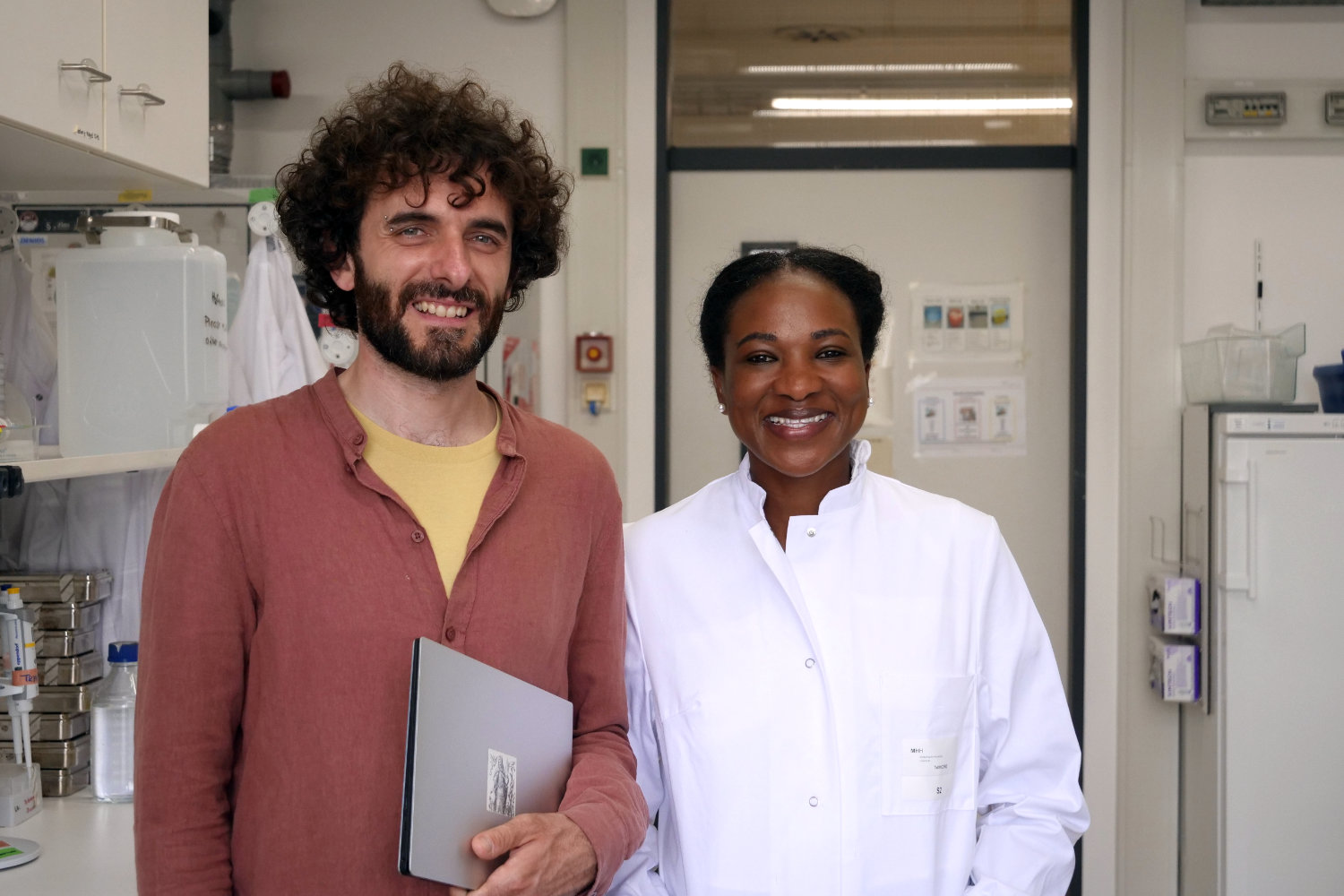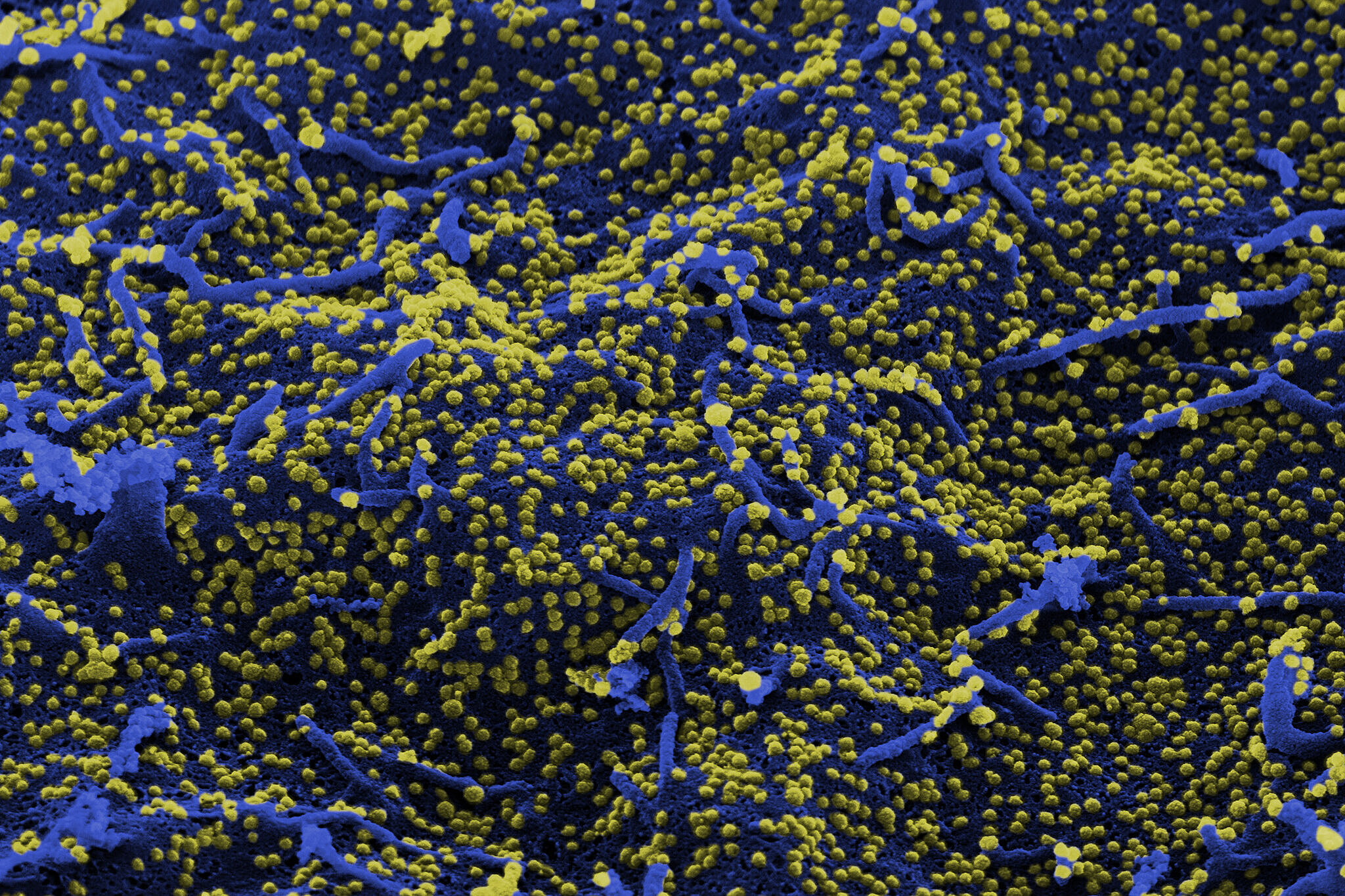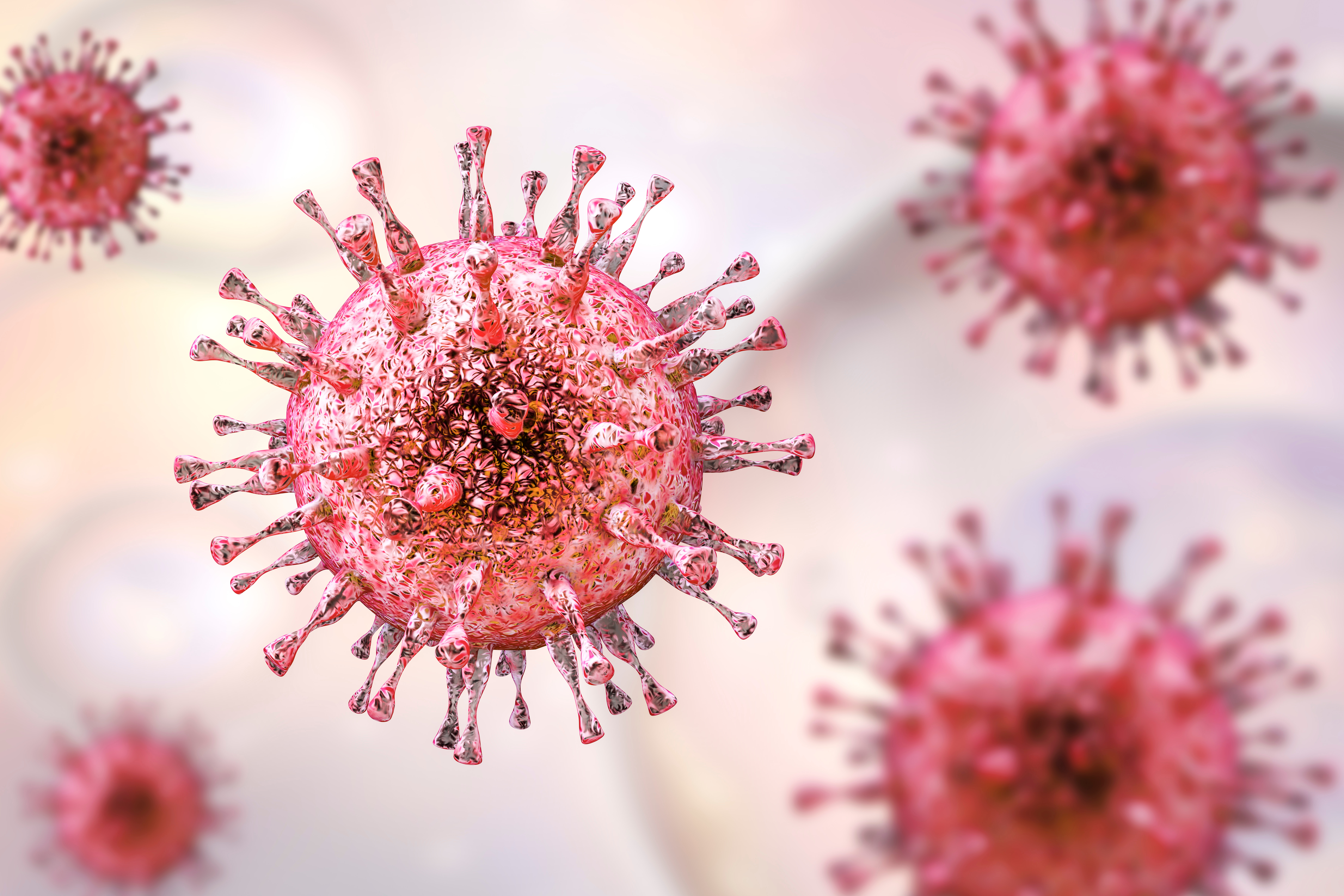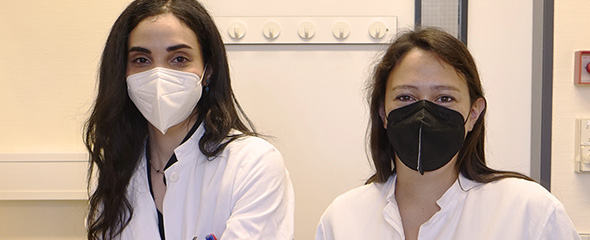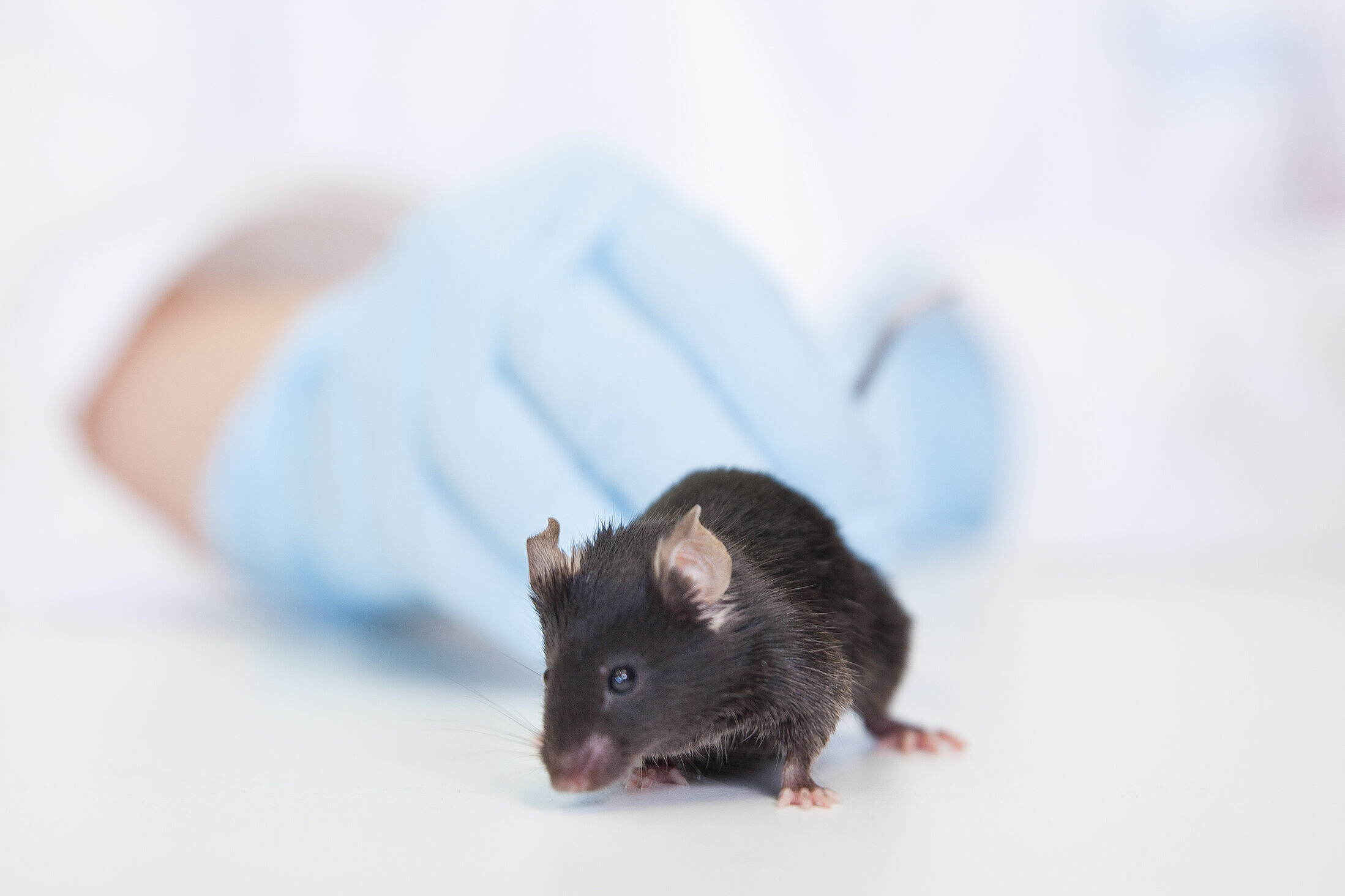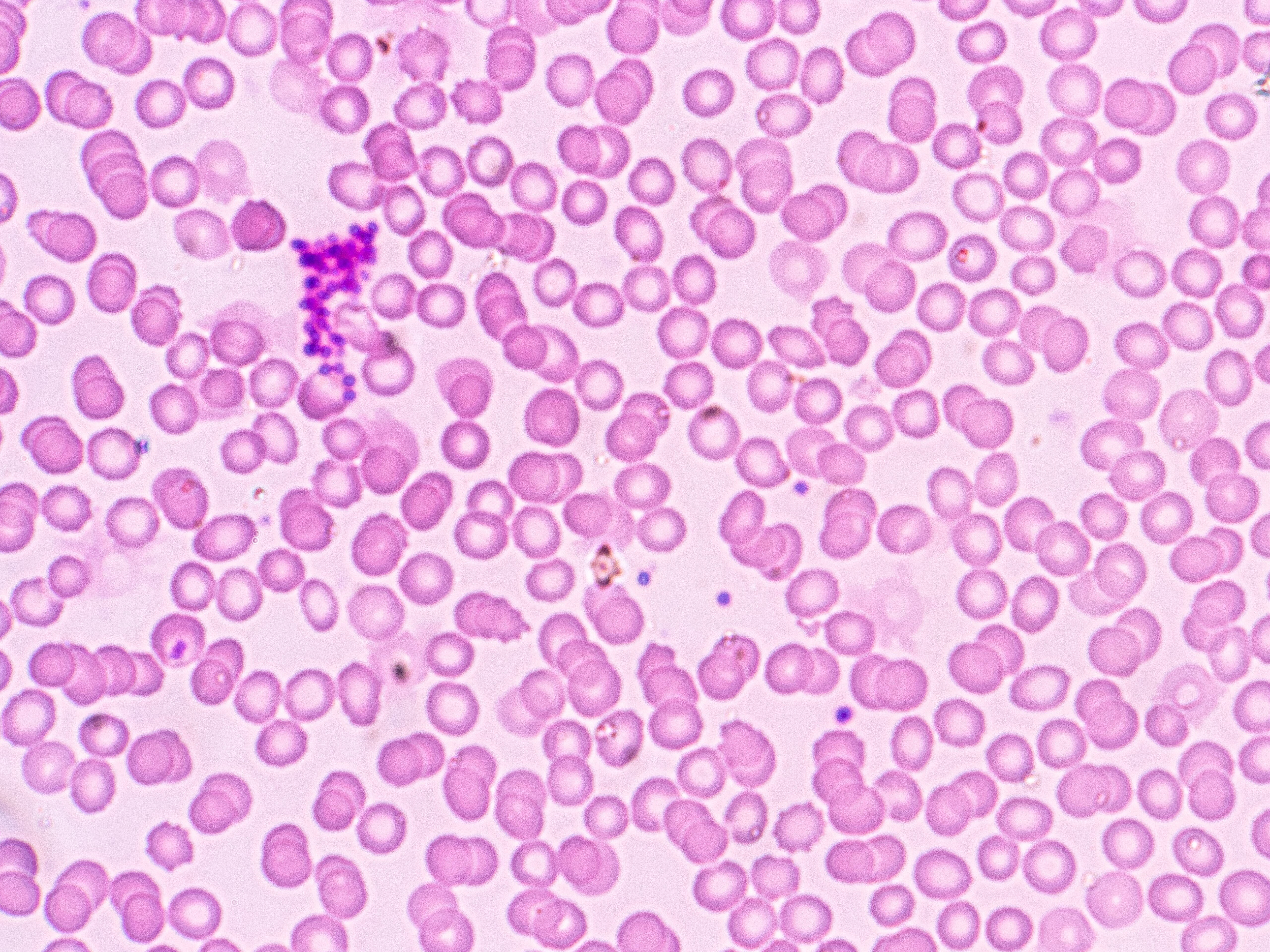
Experimental Infection Research

Our Research
Precisely how these mechanisms function remains unclear, however. Similarly unclear is how different pathogens prevent the release of interferon, or its effect, thus enabling us to fall ill nevertheless. And how does the central nervous system protect itself against virus infections? These questions are a key focus of the work of Prof Dr Ulrich Kalinke at his Institute for Experimental Infection Research.
Despite many unanswered questions remaining, interferons have been used as medicines for many years: to date, interferon alpha, in combination with Ribavirin®, is the sole effective therapy to combat chronic hepatitis C virus infections. Interferon beta plays a key role in the treatment of multiple sclerosis, a chronic inflammatory disease of the central nervous system. Furthermore, interferons are also used to treat various tumour illnesses. The reasons why interferons have a positive influence on such a variety of illnesses is also the focus of Ulrich Kalinke's research.
In order to be able to answer these comprehensive questions, the researchers at TWINCORE are co-operating with partners from the Helmholtz Centre for Infection Research and Hannover Medical School on numerous twinning projects.
Our Research
Precisely how these mechanisms function remains unclear, however. Similarly unclear is how different pathogens prevent the release of interferon, or its effect, thus enabling us to fall ill nevertheless. And how does the central nervous system protect itself against virus infections? These questions are a key focus of the work of Prof Dr Ulrich Kalinke at his Institute for Experimental Infection Research.
Despite many unanswered questions remaining, interferons have been used as medicines for many years: to date, interferon alpha, in combination with Ribavirin®, is the sole effective therapy to combat chronic hepatitis C virus infections. Interferon beta plays a key role in the treatment of multiple sclerosis, a chronic inflammatory disease of the central nervous system. Furthermore, interferons are also used to treat various tumour illnesses. The reasons why interferons have a positive influence on such a variety of illnesses is also the focus of Ulrich Kalinke's research.
In order to be able to answer these comprehensive questions, the researchers at TWINCORE are co-operating with partners from the Helmholtz Centre for Infection Research and Hannover Medical School on numerous twinning projects.
Prof Dr Ulrich Kalinke
Despite their clinical application, far too little is known about interferons. Interferons have a potential that we need to explore at the molecular level in order to develop new clinical applications.

Ulrich Kalinke studied biology in Hanover and completed his doctorate at the German Cancer Research Center in Heidelberg (DKFZ). During his DFG-funded postdoctoral period, he conducted research in Switzerland with Rolf Zinkernagel at the Institute for Experimental Immunology at the University Hospital Zurich. In 1998, Ulrich Kalinke moved to the European Molecular Biology Laboratory (EMBL) in Monterontondo near Rome, Italy, where he headed the "Anti-Viral Defense Group". In 2002, he was appointed Professor and Director of the Department of Immunology at the Paul Ehrlich Institute in Langen. There he was responsible for all regulatory aspects of therapeutic vaccines as well as monoclonal and polyclonal antibodies. He also headed a research group working on anti-viral immune responses. Since 2008, he has been Managing Director of TWINCORE, where he heads the Institute for Experimental Infection Research. The aim of TWINCORE is to establish a translational research program together with researchers from the HZI in Braunschweig and the MHH in Hanover.
Selected Publications
Kalinke U, Arnold B, Hämmerling GJ (1990) Strong xenogeneic HLA response in transgenic mice after introducing an alpha 3 domain into HLA B27. Nature 348: 642-644.
Barchet W, Cella M, Odermatt B, Asselin-Paturel C, Colonna M, Kalinke U (2002) Virus-induced interferon alpha production by a dendritic cell subset in the absence of feedback signaling in vivo. J Exp Med 195: 507-516.
Kamphuis E, Junt T, Waibler Z, Forster R, Kalinke U (2006) Type I interferons directly regulate lymphocyte recirculation and cause transient blood lymphopenia. Blood 108: 3253-61.
Prinz M, Schmidt H, Mildner A, Knobeloch KP, Hanisch UK, Raasch J, Merkler D, Detje C, Gutcher I, Mages J, Lang R, Martin R, Gold R, Becher B, Bruck W, Kalinke U (2008) Distinct and nonredundant in vivo functions of IFNAR on myeloid cells limit autoimmunity in the central nervous system. Immunity 28: 675-686.
Detje CN, Meyer T, Schmidt H, Kreuz D, Rose JK, Bechmann I, Prinz M, Kalinke U (2009) Local Type I IFN Receptor Signaling Protects Against Virus Spread Within the Central Nervous System. J Immunol, 182, 2297-2304.
